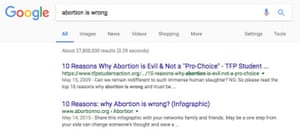by Girish Menon
Paul, venerated corporate chief
Had three sealed envelopes
Which he consulted
In times of crises
Enabled his long career
And gave it to successor Neil
Neil ascends the throne
In time comes the first crisis
Opens the first envelope
‘Blame your predecessor’
The crisis abates
Neil survives
Changes the firm’s structure
Creates the second crisis
Opens the second envelope
‘Blame the culture’
The crisis is managed
Neil receives huge pay hike
Neil sacks loyal staff
Engulfs in a third crisis
Opens the third envelope
‘Prepare three such envelopes’
Neil is not ready to quit
He calls Paul for counsel
Paul says I have the mantra
That works all the time
You can have it
If you pay me the dime
Neil buys the counsel
‘Blame the economic downturn’
Neil survives the crisis
Decade in the saddle
The firm has not grown
The staff is insecure
The board has cronies
The economic downturn
Neil’s saviour in time








